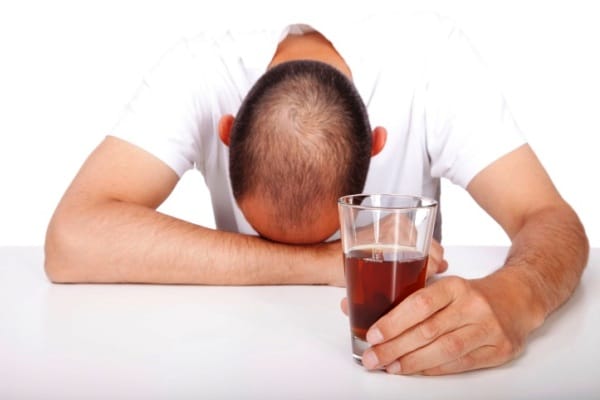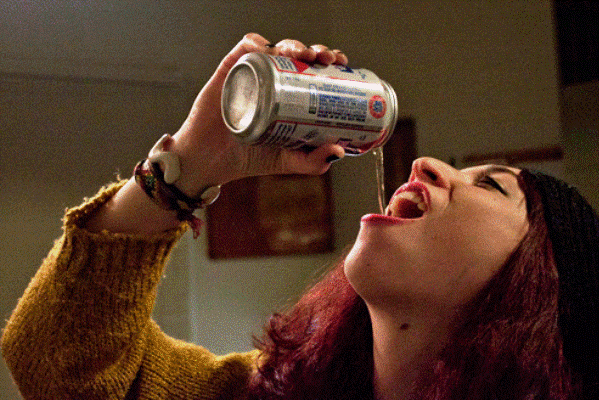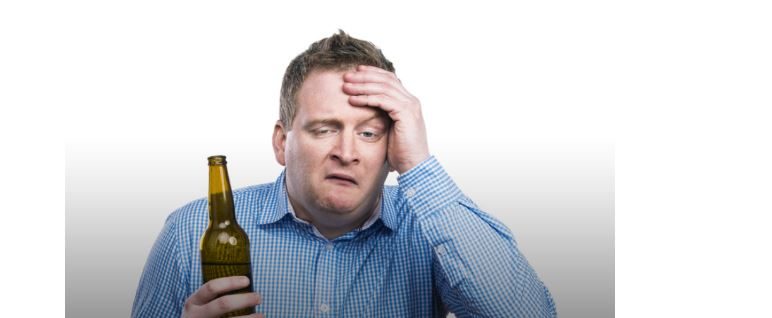
![]()
Alcohol Action Ireland has published a set of advice guidelines to help people understand the risk of turning to alcohol in these difficult times.
This advice, developed with Mental Health Ireland, comes at a time when the alcohol off-trade business is reporting exceptional sales as people look to stock-up with excessive amounts of alcohol at home.
The current public health pandemic COVID 19 is understandably causing many of us stress and upheaval. We are worrying about ourselves, our loved ones, our very way of living. For many of us the current stresses are bringing to the fore earlier traumas and collectively we are also absorbing the multiple anxieties of those around us.
During times like this, it might be difficult to stay on top of how much we are drinking, or indeed there might be an inclination to drink more heavily and more frequently as we reach out for something to numb the tension. Unfortunately, this leads to a corresponding rise in anxiety, depression and irritability and so to greater stresses. Relationships may be also be coming under pressure as the drinking is increasing.
However, this can also be a time when we can develop healthy coping tools that will last long beyond Covid19. Here are some ways to mind our mental health while observing a low-risk relationship with alcohol.
Stay within the weekly low-risk alcohol guidelines. Low-risk drinking reduces the risk of alcohol-related problems.
The recommended weekly low-risk alcohol guidelines are less than:
• 11 standard drinks for women
• 17 standard drinks (SD) for men
Drinks should be spread out over the week – no more than 2 SD/day for men, or 1 SD/day for women. Have 2-3 alcohol-free days per week.
For more on these guidelines and what is a standard drink check out the HSE site askaboutalcohol.ie
The Ask About Alcohol drinks calculator also provides fact-based non-judgmental information about how drinking affects health, wallet and weight.

Look after your mental health & wellbeing
This is a difficult time, but it doesn’t have to be as hard as we might think. Physical distancing is different from social isolation. The increased time spent at home can be tough for some families but it can also be an opportunity to reconnect with loved ones. Connecting with others can help us regain a sense of purpose and belonging. It’s also important to get out and about and connect with nature - while maintaining a physical distance of course. If possible, we should include activities in our routine, such as walking, running, cycling or gardening. If we can, spend time in green, natural space, this can benefit both our mental and physical wellbeing. It can improve mood, reduce feelings of stress or anger, and help us relax a little. These are healthy coping mechanisms that, if fostered now, will endure long after this situation is over.
Alcohol can pose a definite risk to our mental health and can make the symptoms of mental health conditions worse. However, your mood can improve when you cut down or stop drinking. For more on this see Ask About Alcohol’s information on mental health and alcohol.
Stick to routines
It’s not the Easter holidays (just yet) so try to stick to routines including eating well, staying active, going to bed on time and getting up at the usual time. Sticking with routine will help to ensure a sense of normality. So even though life as usual has been interrupted, we should try to maintain structure to our day. Be aware of sleep patterns and the things that might help to get a good night’s sleep, for example having a bath, winding down screen-time, and avoid drinking alcohol. If the uncertainty of the current situation is causing you to lose sleep, talk about your worries with friends and family rather than trying to cope alone.
Find alcohol-free ways to manage in these tough times?
For those of us working from home or self-isolating, we likely have more time than usual to fill, and sometimes it is tempting to use alcohol to fill this void, but be wary as this will easily become an unhealthy habit, or way to cope. Rest assured, there are lots of other beneficial ways to spend your time. Reconnecting with hobbies or interests; connecting with loved ones, learning a new skill or engaging in some mindfulness, meditation or relaxation techniques.

Help is still available
There are useful self-help strategies at Ask About Alcohol which go through the steps of deciding to change, planning to change and actually changing drinking behaviour.
If you are currently in recovery or indeed would like to access individual help for the first time, you may be concerned about how you will receive it under ‘physical distancing’ conditions. There are lots of great options for receiving support online or over the phone:
• The HSE Drug and Alcohol Helpline and email support service is open Monday to Friday 9.30am -5.30pm and is available at 1800 459 459 and at [email protected].
• Some AA meetings are still going ahead and you can check them by calling the contact number for your area as listed on the Alcoholics Anonymous website www.alcoholicsanonymous.ie/
• There are also online meetings through www.smartrecovery.org
• Al Anon helpline – For people troubled by someone else’s drinking is open every day 10am – 10pm, Call (01) 8732699 Email [email protected] and online at?www.alanon.ie?
For mental health support, the HSE’s new phone service gives information about different supports and services available and how to access them. The number is 1800 742 444.
The Samaritans can be contacted 24/7 either by phone on free to call 116 123, or by email to [email protected].
Take a break from the 24-hour news cycle
The links between anxiety, depression and alcohol are well established. Logging off from social media and the 24/7 news cycle will ease anxiety and help us avoid using drinking as a coping mechanism. While it’s true there is a lot of positive help online, take care to stay away from negative social sites and comments that are whipping up fear and worry. Get your facts from trusted Irish sources such as the HSE and the department of health and the World Health Organisation. Find out more about how to disconnect from negative digital spaces here.
Also, beware of fake news and always get your information from reliable sources. RTE is providing easy to access information for young people – and parents, giving factual information and tips on how to keep young people entertained.
Commenting on the publication of these advice guidelines, Dr Sheila Gilheany, CEO, Alcohol Action Ireland said:
'While we are all adjusting to our changed circumstances it is worth holding on to the knowledge that this is a temporary situation and at some point will end. Normal life will resume. We might be able to use this time to help ourselves develop new skills and coping strategies that will have long term benefits well beyond this immediate period.'
Reflecting on the anecdotal reporting of high levels of activity in the Off-Trade business, Eunan McKinney, Head of Communications, Alcohol Action Ireland, added:
'It is important to remind the Off-Trade alcohol business that they too have a responsible role to play at a time of national crisis. Other jurisdictions such as Australia states, and New Zealand, who experienced a rush in alcohol off-sales have moved to put in place greater controls and restrictions on volumes purchased, mindful of the impact and trauma that may arise. This issue needs to be continuously monitored by Government.''
This advice was compiled by Alcohol Action Ireland in partnership with Mental Health Ireland, and aided by Alcohol Change UK.